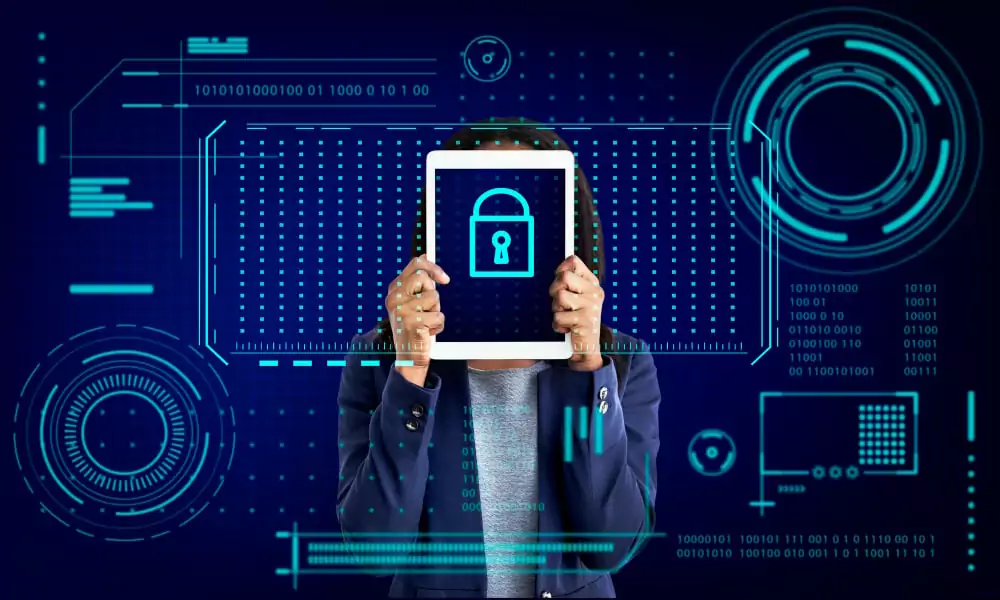In the United States, the fullz info (SSN) holds significant importance as a unique identifier assigned to citizens, permanent residents, and temporary residents with work permits. Established in 1936 under the Social Security Act, the SSN was initially intended for tracking earnings and administering benefits under the Social Security program. Over time, its use has expanded to become a key element in various aspects of daily life and identity verification.
Importance of the Social Security Number
- Government Benefits: The primary purpose of the SSN remains facilitating benefits administration. It is used to determine eligibility and distribute payments for retirement, disability, and survivor benefits.
- Employment: Employers use SSNs for reporting wages to the government and verifying the employment eligibility of workers.
- Credit and Financial Transactions: Financial institutions rely on SSNs to check credit history, issue loans, open bank accounts, and manage other financial services.
- Taxation: The Internal Revenue Service (IRS) uses SSNs to track earnings and taxes paid by individuals.
- Identity Verification: SSNs serve as a critical component in verifying identity for a variety of purposes, including applying for loans, renting housing, and accessing government services.
Structure and Components
A Social Security Number is a nine-digit number divided into three parts:
- The first three digits are the Area Number (formerly called the Area Group Number), which originally indicated the geographic region where the SSN was issued.
- The next two digits are the Group Number, which were used for internal administration purposes.
- The final four digits are the Serial Number, a unique identifier within each group.
Security Concerns and Protection Measures
Given its importance, the SSN is a valuable target for identity theft and fraud. Protecting your SSN involves several key practices:
- Limit Disclosure: Only provide your SSN when absolutely necessary and verify why it is needed.
- Secure Storage: Keep physical documents containing your SSN in a secure place, and do not carry your Social Security card in your wallet or purse.
- Monitor Usage: Regularly review financial statements, credit reports, and Social Security statements for any suspicious activity.
- Beware of Scams: Be cautious of phishing attempts and fraudulent requests for your SSN, especially online or over the phone.
Legislative and Policy Developments
Over the years, legislation such as the Privacy Act of 1974 and the Social Security Number Protection Act of 2010 has aimed to restrict the unnecessary use of SSNs and enhance protections against identity theft.
Future Directions
As technology evolves, the future of SSNs may include enhanced security features and potentially alternative forms of identification that reduce reliance on a single number for authentication.
In conclusion, while the Social Security Number plays a crucial role in modern American life, its protection is paramount. Understanding its significance and implementing best practices for safeguarding your SSN can mitigate risks associated with identity theft and ensure its continued usefulness in the digital age.

